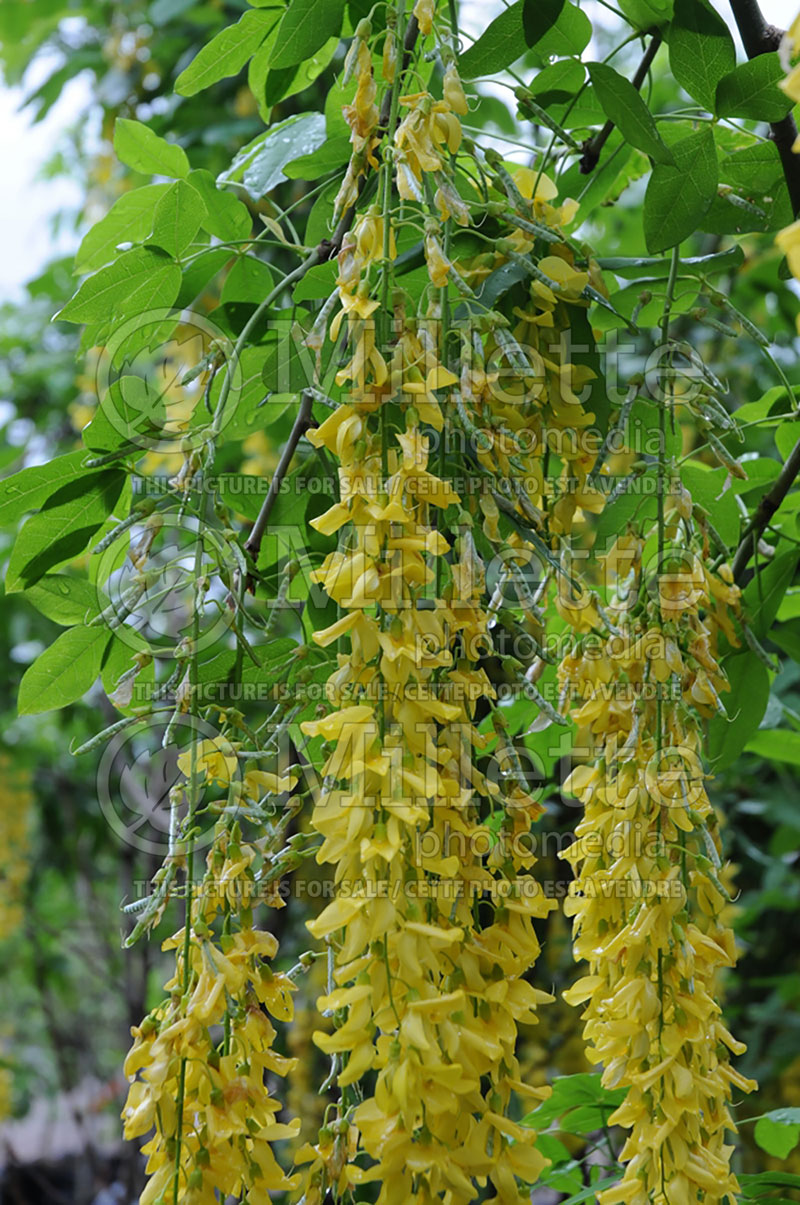Not known Details About Cytisus - an overview - ScienceDirect Topics
The Ultimate Guide To Cytisine versus Nicotine for Smoking Cessation - LSHTM
The finding was a major disappointment in that cytisine-- a plant alkaloid that, like varenicline, promotes nicotinic acetylcholine receptors-- had actually formerly been revealed to be exceptional to placebo and to standard nicotine replacement therapy (NRT) in different trials. Additionally, a trial including some of the exact same researchers and reported earlier this year, performed among native Maori and family members in New Zealand, discovered that cytisine was more reliable than varenicline.

Prolonged dosing would be worth testing in a future study, they showed. And the contrary lead to the Maori trial might suggest that populations more accepting of "natural" items would respond better to cytisine than to varenicline. Some of these questions could be responded to in an continuous, placebo-controlled, phase III trial with an exclusive cytisine formula called cytisinicline, in which the representative is offered for up to 12 weeks.

The Main Principles Of cessation An uncontrolled trial of cytisine (Tabex) for smoking
As a partial agonist for nicotinic acetylcholine receptors, it apparently suppresses nicotine cravings and withdrawal symptoms when individuals stop smoking cigarettes. The standard treatment interval has been 25 to one month, although Courtney and associates kept in mind that this isn't always optimum-- as a cheap plant derivative, it hasn't had the monetary support to check numerous dosing regimens as Big Pharma would do for an item that needs FDA approval.
It's not without debate, obviously-- early reports of psychiatric disruptions consisting of suicidality caused identify cautions, although the FDA still considers it a safe and efficient drug. Then just last week, drugmaker Pfizer remembered 9 lots of varenicline (which had not yet been delivered to drug stores) because of possible nitrosamine contamination.

Excitement About Cytisine versus Nicotine for Smoking Cessation
Nevertheless, varenicline has been the leading non-NRT drug for smoking cessation in the the Western world. For cytisine to stake a claim as an effective agent-- particularly in nations aside from the U.S. that would desire evidence of a minimum of noninferiority for it to be consisted of in nationwide formularies-- a head-to-head trial in a Western-type population could assist its case.
Participants were daily smokers, recruited from advertisements in print, radio, and online media, along with from a telephone stopped line, who stated they wanted to give up and weren't currently utilizing other smoking-cessation pharmacotherapies. Some 5% were Aboriginal or Torres Strait Islanders. Half were men, and indicate participant age was 43.
UNDER MAINTENANCE